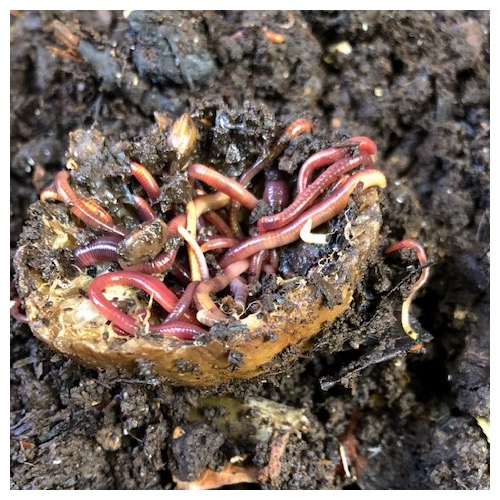Managing Food Waste During The Pandemic
This lead to Pikitup informing residents that waste collection services in served areas were suspended for that week. but given that Norwood was closed on the 14th of May and only reopened on the 8th of June, we can expect that disruptions in service from the closure of these depots will be longer than what is hoped and what Pikitup plan.
Municipal waste management services are going to be under serious stress as employees fall ill with Covid-19 (and the common cold) and as social distancing measures are enforced (as happened in Edinburgh, Scotland).Please don’t misread me, this is is not a criticism. Pikitup are doing the best they can under challenging circumstances!
We all need to be prepared to take care of our waste ourselves. Most of us will already be departing our dry recyclables from our general “wheelie bin” waste. But now you also MUST work on your food waste.
You have three options:
- For fresh vegetable and fruit peels you can compost them with your garden waste. Or invest in a worm farm and make your own organic fertiliser.
- While you can compost some really weird suff, this doesn’t help with cooked food and specifically meat, sea food, dairy and other “traditional compost no-no’s”. For this you should invest in a bokashi composting system.
Bokashi, “fermented organic matter” in Japanese, is a two step fermentative process. Food waste is added to closed bins and layered with a mix containing beneficial micro-organisms. The food waste, including cooked and uncooked meat and small bones, ferments and does not rot or smell.
After fermentation is complete the contents of the bokashi bin can be composted with garden waste, trenched or even fed to composting earthworms (including stuff that ‘experts’ say shouldn’t be added to your earthworm farm like lemon peels).

Other than feeding your soil with these food nutrients which would otherwise have been wasted, a key and practical advantage of bokashi is that you don’t end up with a rat attracting rotting smelly wheelie bin.
By using a bokashi system you eliminate the ill effects of rotting food waste and, really importantly, help reduce the stress on municipal resources during this trying time.
